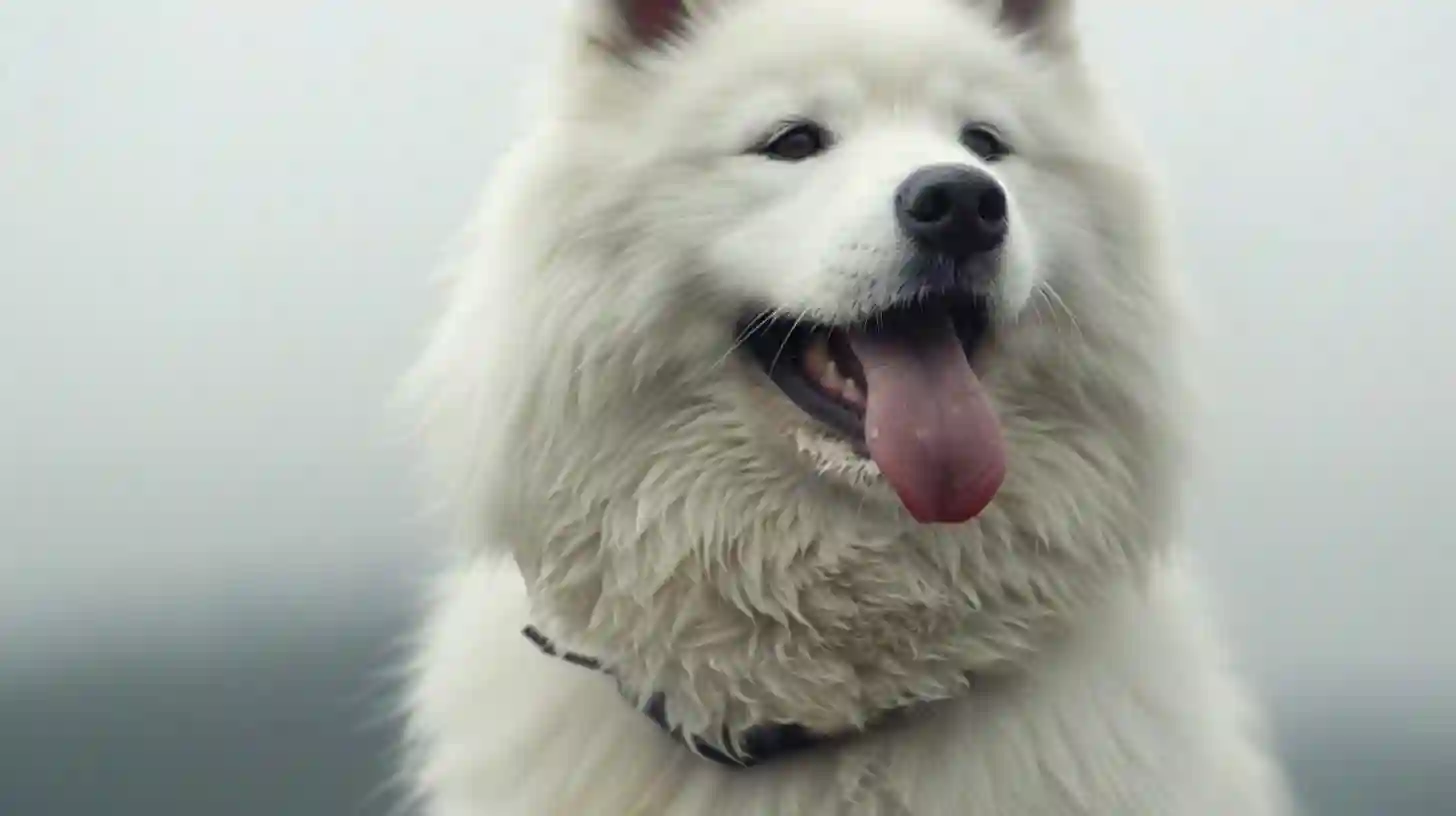
The Samoyed, often referred to as the "smiling Sammie," has captivated dog enthusiasts worldwide for its stunning white coat, engaging personality, and ever-present smile. Beyond their charming appearance and friendly demeanor, Samoyeds are noteworthy for their intelligence, which is often a topic of interest for prospective dog owners and trainers alike. Understanding the intelligence of Samoyeds involves exploring their history, innate qualities, trainability, problem-solving abilities, and social intelligence.
The history of the Samoyed plays a significant role in understanding their intelligence. Originating from the Siberian region, these dogs were bred by the indigenous Samoyede people for multiple purposes: herding reindeer, pulling sleds, and keeping their owners warm during frigid nights. Their versatile roles required them to be perceptive, responsive, and adaptable—qualities intrinsic to intelligence. The Samoyed's working background necessitated not only physical endurance but also quick thinking and the ability to follow complex commands. The need to make independent decisions while herding or during sledding tasks further honed their cognitive abilities over generations.
Samoyeds exhibit a distinct set of innate qualities that highlight their intelligence. Known for their alertness, Samoyeds possess a keen sense of their environment. This awareness is not merely a product of their sensory capabilities but also indicative of their cognitive engagement with the world around them. They are quick to notice changes in their surroundings, whether it be an unfamiliar object, a new person, or a different scent. This situational awareness is a testament to their ability to process and interpret various stimuli efficiently.
Trainability is another dimension through which the intelligence of Samoyeds is often evaluated. Generally, the breed is considered to be moderately easy to train, reflecting a balance between their independent nature and their willingness to please. The independent streak, rooted in their historical role as working dogs, can sometimes be mistaken for stubbornness. However, with consistent, positive reinforcement techniques, Samoyeds can learn a wide range of commands and tricks. They excel in agility and obedience training, showcasing their capacity to understand and execute complex instructions. The process of training a Samoyed also reveals their problem-solving skills. For example, when faced with a new obstacle during agility training, Samoyeds demonstrate the ability to think through the problem and find a solution, rather than relying solely on rote memorization.
Problem-solving abilities in Samoyeds are noteworthy and are indicative of their higher cognitive functions. These dogs tend to approach new challenges with curiosity and determination. Given a puzzle toy or a tricky situation, a Samoyed is likely to exhibit persistence and creativity in attempting to resolve it. This problem-solving trait is amplified by their playfulness and energy, which drive them to engage actively with their environment. Observing a Samoyed interact with a new toy or navigate an unfamiliar setting can be an enlightening experience, as it offers a glimpse into their cognitive processes and adaptability.
Another crucial aspect of Samoyed intelligence is their social intelligence. This breed is renowned for its sociability, not just with humans but also with other animals. Samoyeds possess an intuitive understanding of social dynamics, which is evident in their interactions. They are adept at reading human emotions and responding appropriately—offering comfort when someone is sad or engaging playfully when in a cheerful environment. Their ability to sense and adapt to human emotions speaks volumes about their emotional intelligence. Furthermore, their interactions with other dogs demonstrate an understanding of canine social cues and hierarchies, allowing them to navigate group dynamics smoothly.
The intelligence of a Samoyed also extends to their communicative abilities. While not overly vocal, they are known to express themselves through a range of sounds from barks and whines to a distinctive "talking" behavior that some owners describe as a form of chattering. This propensity to communicate highlights their desire to interact and connect, utilizing vocal and non-vocal signals to convey their needs and emotions.
Engagement in activities that stimulate their intelligence is essential for the well-being of Samoyeds. Without adequate mental stimulation, these dogs can become bored, which may lead to undesirable behaviors such as chewing or digging. Foraging toys, interactive games, and training sessions are excellent ways to engage their minds. Activities that allow them to use their problem-solving skills and social intelligence, such as advanced obedience training or canine sports like agility and flyball, not only keep them mentally stimulated but also strengthen the bond between the dog and their owner.
Of course, intelligence in Samoyeds, as with any breed, varies from individual to individual. Some may excel in cognitive challenges and training, while others might show more aptitude in social interactions and emotional engagement. It is crucial for owners to recognize and nurture the unique intelligence of their Samoyed, understanding that each dog may have different strengths and preferences.
Furthermore, the role of the owner in shaping and recognizing the intelligence of a Samoyed cannot be overstated. Owners who invest time in training, socialization, and mental enrichment will find that their efforts are rewarded with a dog that is not only well-behaved but also deeply bonded with them. The intelligence of a Samoyed, while inherent, is also a product of the environment and experiences provided by the owner. Encouragement, patience, and consistent interaction play pivotal roles in bringing out the best in a Samoyed’s cognitive and emotional capabilities.
Samoyeds are an exemplar of canine intelligence couched in a history of necessity and honed through years of companionship with humans. Their problem-solving puzzles, agility in training, and emotional acuity demonstrate a multifaceted intelligence that contributes to their status as both beloved pets and capable working dogs. Acknowledging and fostering this intelligence not only leads to a more fulfilling relationship between dog and owner but also ensures that the Samoyed remains engaged, happy, and healthy.